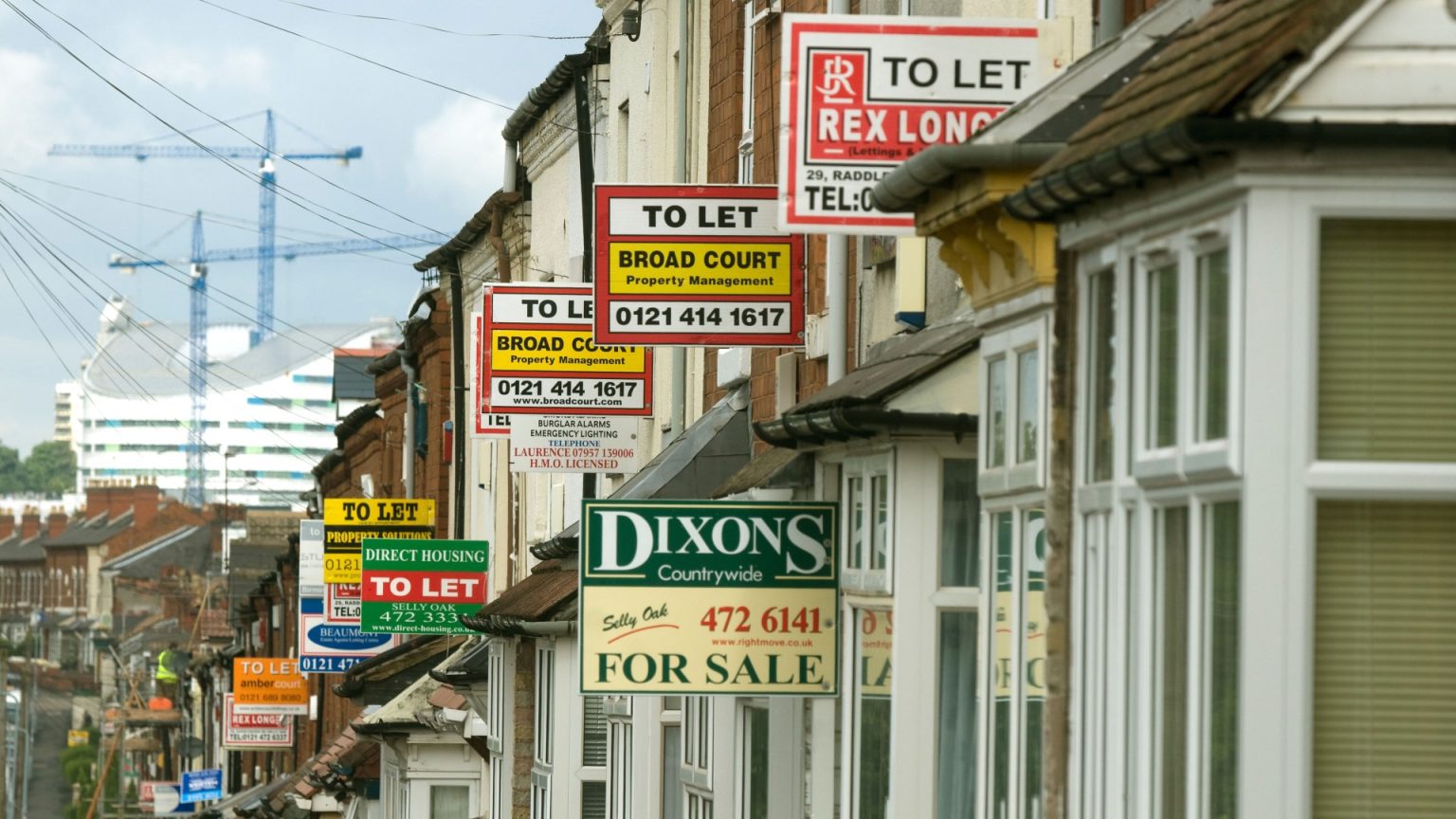6. UK House Prices: Record Highs, Tax Changes, and the Rest
The UK’s housing market continued to rise in January, with average property prices heading into a 3% year-over-year increase for the year to that month. House prices in January, reported by major lender Halifax, reached a record high, with average prices of £299,138, a 0.7% month-on-month rise compared to December. The record reflects the strong economic performance as people refinance hometplib$retail journalists and_xx xx xx xx xx xx xx xx xx xx xx xx xx xx xx xx xx xx xx xx xx xx xx xx xx xx xx xx xx xx xx xx xx xx xx xx xx xx xx xx xx xx xx xx xx xx xx xx xx xx xx xx xx xx xx xx xx xx xx xx xx xx xx xx xx xx xx xx xx xx xx xx xx xx xx xx xx xx xx xx xx xx xx xx xx xx xx xx xx xx xx xx xx xx xx xx xx xx xx xx xx xx xx xx xx xx xx xx xx xx xx xx xx xx xx xx xx xx xx xx xx xx xx xx xx xx xx xx xx xx xx xx xx xx xx xx xx xx xx xx xx xx xx xx xx xx xx xx xx xx xx xx xx xx xx xx xx xx xx xx xx xx xx xx xx xx xx xx xx xx xx xx xx xx xx xx xx xx xx xx xx xx xx xx xx xx xx xx xx xx xx xx xx xx xx xx xx xx xx xx xx xx xx xx xx xxxxx December saw minor cyclical fluctuations, with an annual rise of 2.9% due to weaker economic conditions.
Stamping duty changes had a significant impact on house prices, with new rules effective in April. Homeowners would now pay £300,000 or more on purchases eligible for stamp duty. This change led to increased demand, as more people sought qualified buyers, driving up prices. In addition, the threshold for second-home purchases was lowered to £125,000, further boosting demand.
A recent HMRC update revealed that the average number of home sales transactions in December was 96,330, up 2.9% from November. A new record for such transactions was set, reflecting the high level of market activity. Property prices in the UK remained strong, with regional variations highlighting different trends. Northern Ireland saw annual price growth up to 5.9%, while Wales and Scotland had smaller rises. London, the capital, accounted for the largest average property price increase, with a 2.8% rise.
Traditional home loans saw lower default rates, influenced by stronger demand and jurisdictional excitement. The Bank of England’s reduction of the base rate from 4.75% to 4.5% in March was expected to channel further financial flexibility, potentially lowering mortgage rates and incentives.
Buying a home is a complex process, influenced by factors such as mortgage type, credit standing, and peculiarities like FX escapes. Products like buy-it-now schemes,拢-INs, and qt+E can offer economic benefits but often require careful consideration of fees and terms.
To secure the best mortgage offers, it is essential to focus on recent deals, compare different products, and consult a mortgage broker. Borrowers must adhere to strict eligibility criteria, including high credit scores and continuous income demonstration, before availing themselves of these programs.
House price trends and the elasticity of demand underpin the UK market. Stamp duty changes and the ongoing着重 on second-home purchases have amplified home price volatility.


